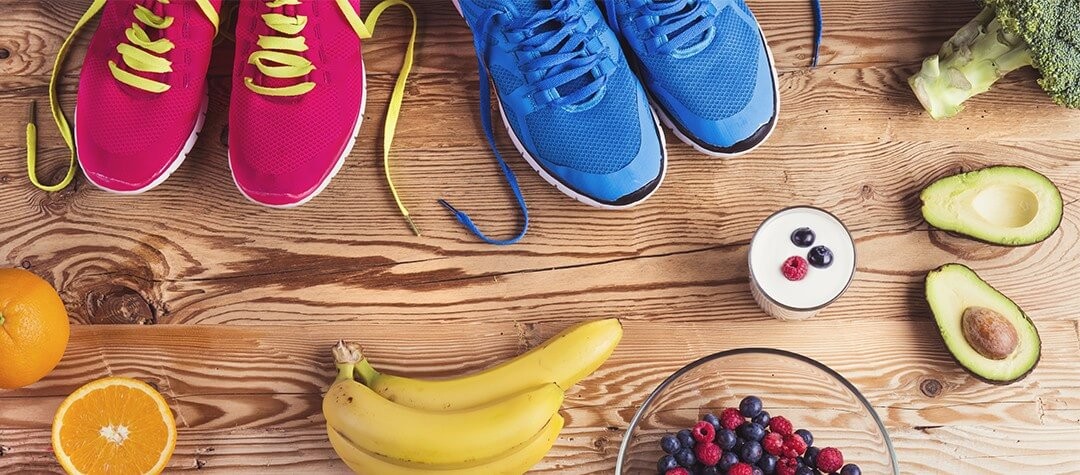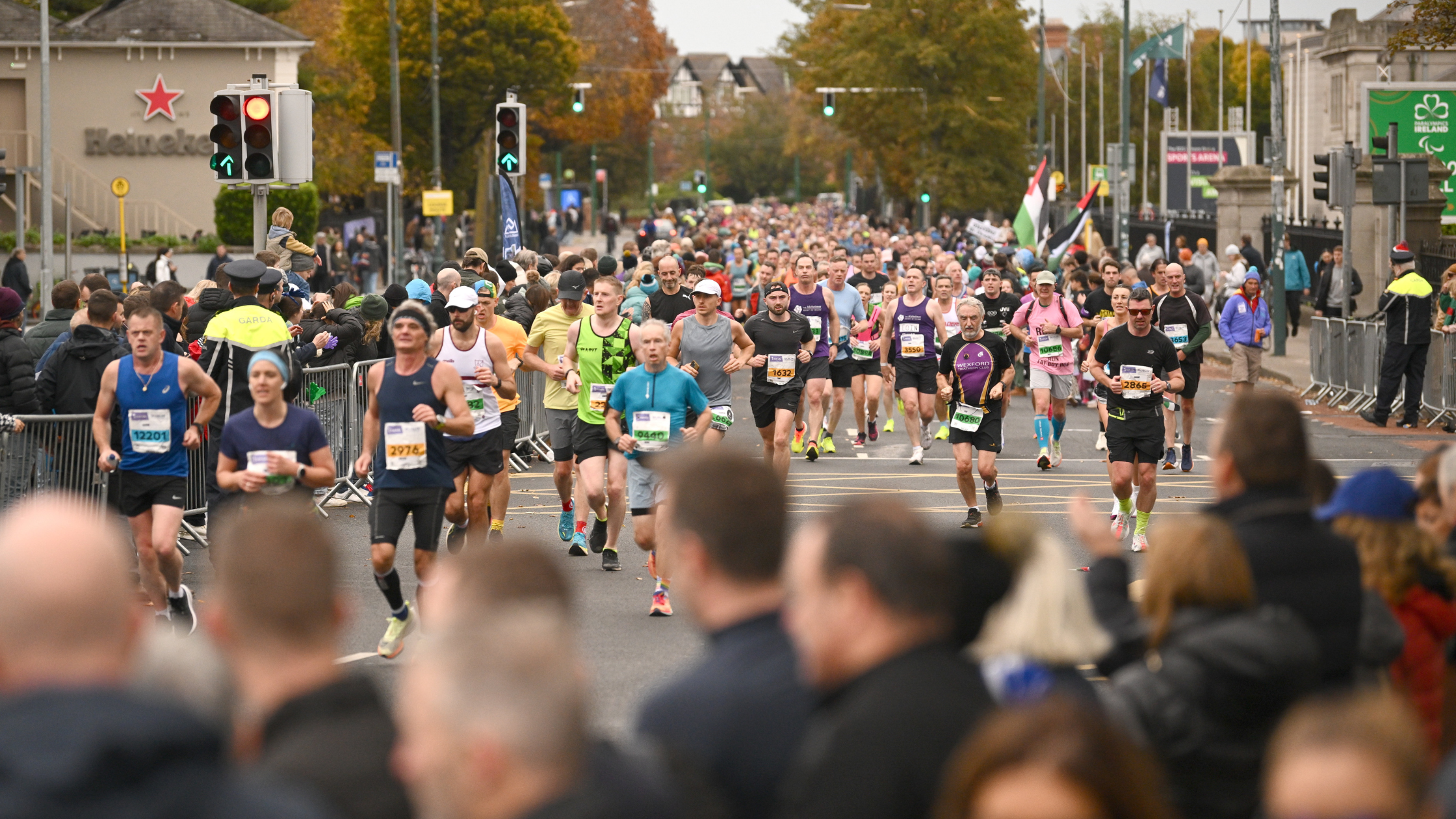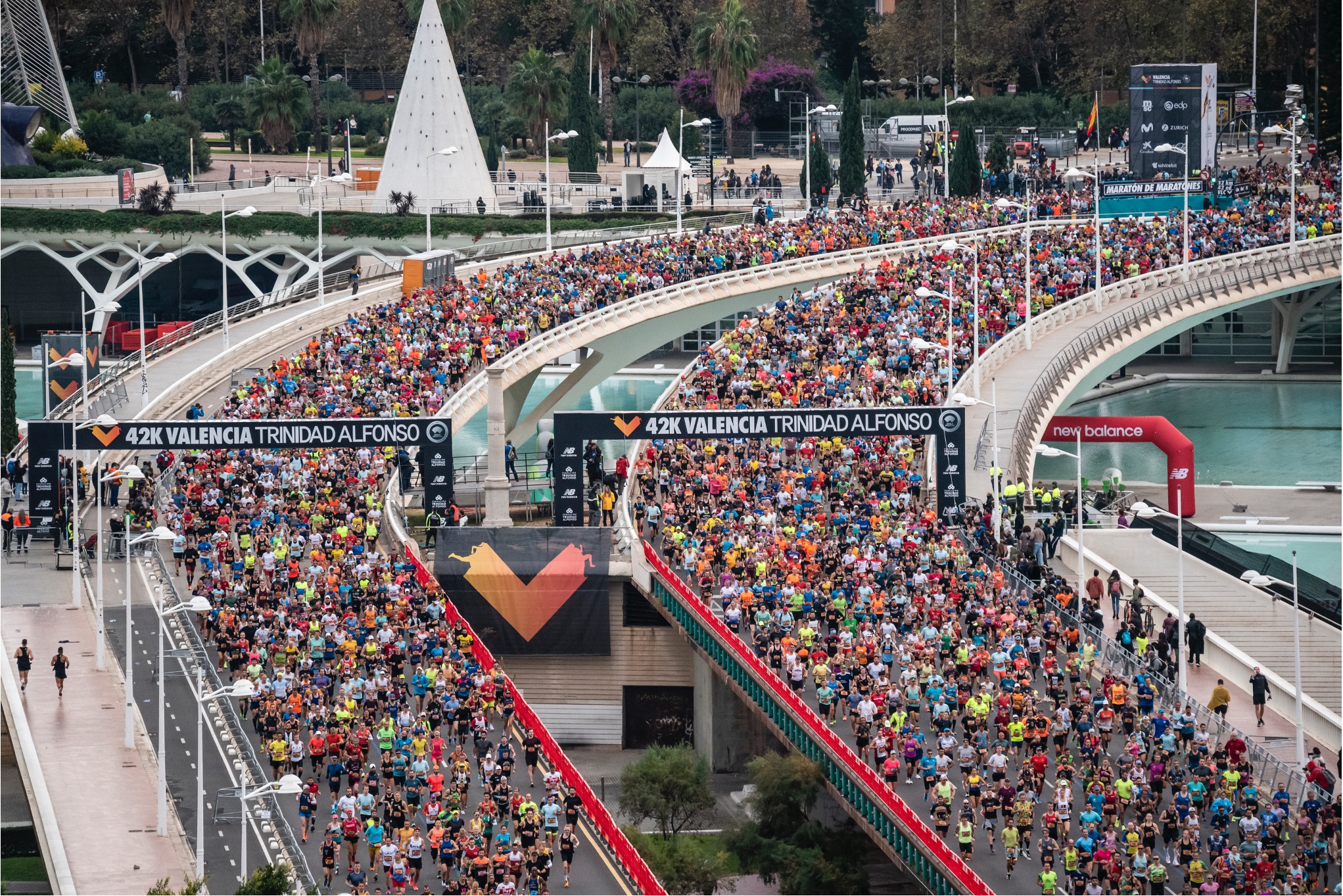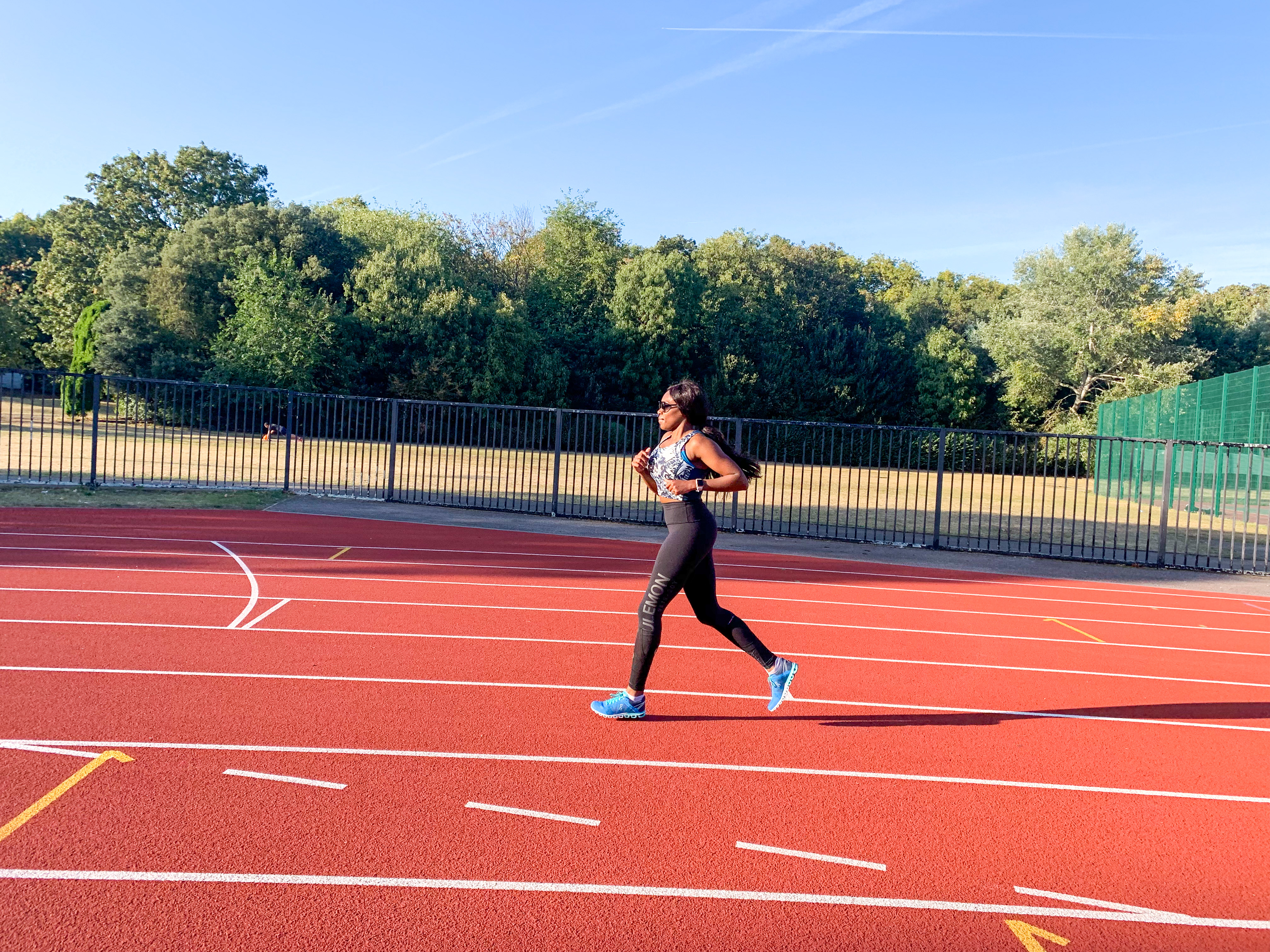Getting your running diet right is about more than stocking up on carbohydrates. Our running nutrition tips will ensure that you fuel your body correctly to get the maximum out of your training and racing.
A runner will typically burn an extra 100 calories for every mile (1.6km) they run. As a result their energy requirements can be high. This article is all about ensuring you have the correct fuel on board for your training, and that you eat at the correct time and in the right proportions.
1. Ensure you consume plenty of protein
A runner in heavy training can require almost as much protein as a muscle building strength athlete. The human body is stressed during the running training process and needs protein to repair itself. Runners who train day after day without rest sustain cumulative muscle damage. Make sure that you eat around 1.5g per kilogram of bodyweight (or 0.68g per pound of bodyweight). This means 70kg (154lb) runner may need as much as 105g of protein each day.
2. Include glucose in your diet
After a running training session, try to drink a glucose energy replacement drink within 15 minutes of exercising. It is during this period that the muscles are most receptive to restocking with fuel. A glucose drink is an ideal for this purpose, as it enters the bloodstream and is quickly absorbed. Taking glucose in liquid form is also great because it means you are re-hydrating your body at the same time.
3. Consume plenty of complex carbohydrates
At meal times, concentrate on eating meals containing complex carbohydrates such as bread, pasta, rice and pulses. These release energy into the bloodstream at a slower rate, giving you sustained energy, which will help you avoid the temptation of snacking on high calorie junk foods such as cookies and confectionery.
4. Eat during long running sessions
For a longer race or training run refueling while you run can help keep your energy levels topped up. A simple way of doing this is to carry a couple of energy gels with you. These are small and light and contain concentrated hits of both slow and rapid release energy. Make sure you consume one just before a water station so that you can wash it down with around 250ml (8.45oz) of water. This ensures the gel dilutes to the correct consistency so it can be absorbed quickly.
5. Run or train on a 'full' stomach
Runners preparing for endurance events such as a half and full marathon will typically do a long run on a weekend.
Frequently they will skip breakfast so as to set out early so that their run does not take too much time out of the day. However, this means the runner will effectively be running on a partially full fuel tank. The answer is to eat breakfast before you set off, but make sure you allow sufficient time for digestion. If you can't stomach breakfast, try a complex carbohydrate drink instead. Either way, make sure you are fuelled before you run.
6. Have a balanced diet
Ensure that you eat plenty of fresh fruit and vegetables, and focus on the three primary food groups in the following proportions: 60 per cent complex carbohydrate, 20 per cent protein and 20 per cent fat. This ensures your diet is balanced and you are consuming enough of the right sorts of fuel for your runs.
7. Eat healthy snacks
When you run regularly, in addition to your generally higher calorie requirements, you will find that the speed at which you burn calories, whether you are exercising or not, increases. To avoid energy lows throughout the day, keep a selection of healthy snacks to hand such as fruit, fruit smoothies and healthy cereal bars. Avoiding energy lows means you will have more energy for everyday activities and will keep your muscles and liver primed for your next training session.
8. Include some of your favourite foods
For your pre-race or training meals and your fuel supply during a race, experiment with what you enjoy. One of the best pre-race meals is porridge: as it contains a blend of low fat and unprocessed complex carbohydrate. If you don’t enjoy porridge, choose something that you do like instead that gives you similar fuelling benefits. Experiment with different types of drinks and gels to find the ones you do like, and that agree with your stomach.
9. Don’t overdo health supplements
It is a mistake to think you can substitute good nutritional practice for popping pills in order to meet your dietary requirements. Look to eat a non-processed, whole-food diet, containing as much fresh fruit and veg as possible. Any supplements should be seen as an insurance policy, not a foundation.
10. Timing of meals is important
It's not just what you eat that's important, it's also when you eat it . Don't eat too close to a run or leave too long a gap between your last meal and your run or this will result in impaired performances. Not refueling after your run will result in tiredness, slower recovery and subsequent reduced performances. If possible, allow for a gap of 2 to 3 hours between eating and running. After a run, refuel with a glucose drink following your training session, and consume a more substantial meal containing both complex carbohydrate and protein (for repair) within 2 hours of finishing.
11. Consider your specific nutritional running needs
Runners' requirements differ from the requirements of less active people. As a runner you need to eat more carbohydrate for fuel, more protein for repair and more food as a whole. Additionally, you need to monitor when you eat so that your fuel tank doesn’t run low and affect your performance.
Stick to these nutrition tips and your eating plan will be healthy, balanced and meet the demands of your running.














